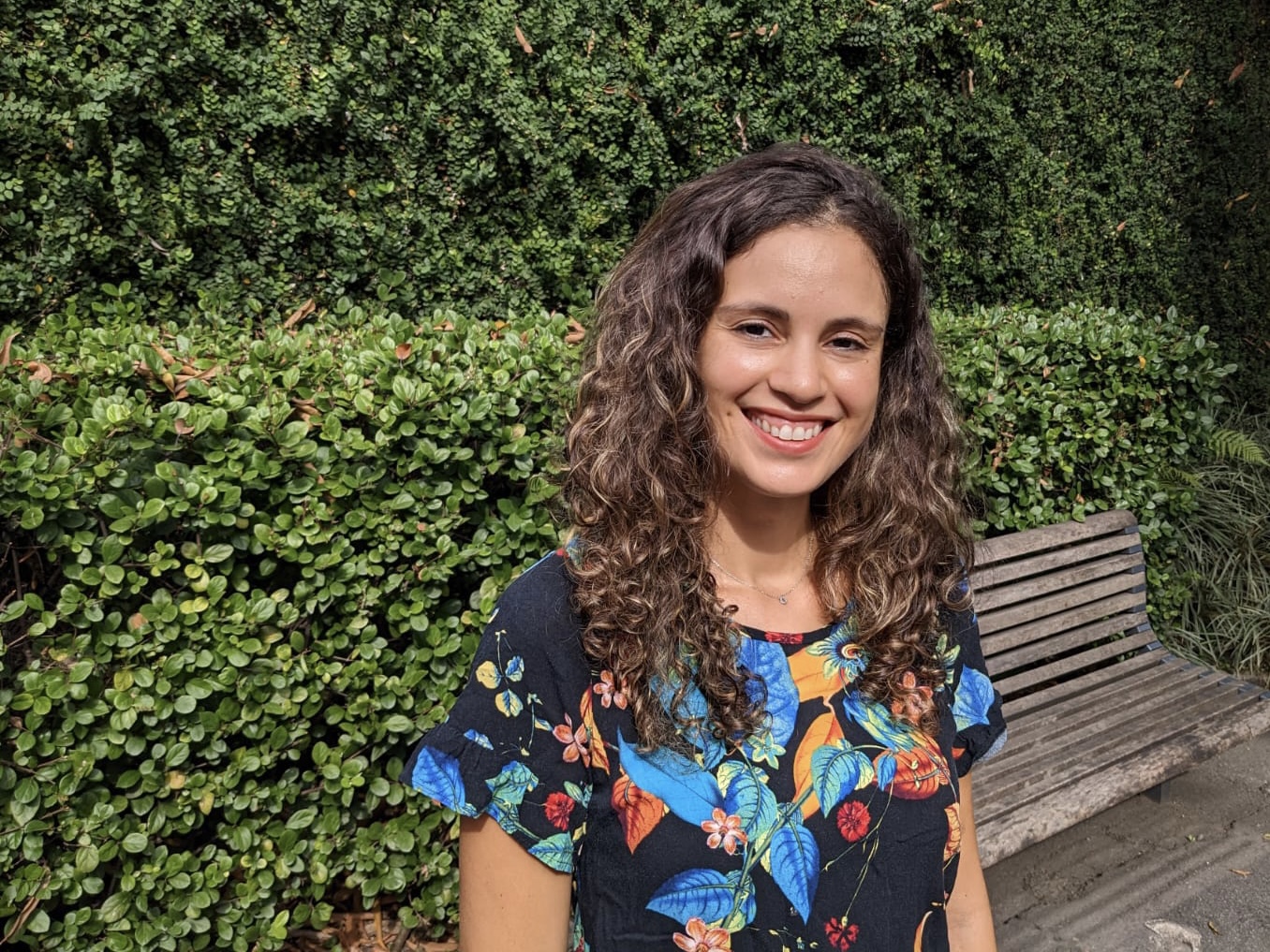Born in Sitapur, Uttar Pradesh, India • Birth year 1994 • Studied Mathematics at the University of Lucknow, India • Highest degree Master in Mathematics • Lives in Lucknow, India • Occupation Content Developer of Creative Mathematics at UnMath School pvt. Ltd
When I failed one of my Math exams in 9th Grade, my mother got worried and searched for a home tutor for me. He was around 70 years old, passionate about Math and was hardly concerned about my syllabus. I still remember that he wrote in my notebook the heading “Sridharacharya Formula” – also known as quadratic formula and started deriving it and explaining the concept to me. When I tried mentioning to him that this was not part of my syllabus he told me, ‘If you want to explore Math, you have to forget about your syllabus and enjoy mathematics beyond textbooks.’ Those words deeply touched me.
‘If you want to explore Math, you have to forget about your syllabus and enjoy mathematics beyond textbooks.’
I started cultivating a voracious interest in Mathematics and subsequently it became the central focus of my studies as I scored exceptionally good marks in all the exams. Not satiated by the theories taught in school, I can vividly recollect all the reminiscences where I had the keen urge to delve into the subject. I managed to top the entire district in 10th Grade, with distinction in 5 subjects. I decided thence forth to pursue the subject in higher grade and I started a Bachelor of Sciences in Math at one of the most proficient universities of my native region in India.
I graduated from university with excellent marks and better proficiency than before which also served as an impetus for my further undertaking of a post-graduate program in Mathematics. As Mathematics is more of a practical subject, I paid much attention on the improvement of my mental ability through practice of quantitative reasoning and data interpretation and Experiential learning. I even earned a Baccalaureate in physical education in my bachelor course.
After completing my post-graduate studies in Mathematics, I decided to pursue my double masters in Actuarial Science. With hard work and luck by my side, I got accepted at the University college Dublin in Ireland.
This inspired me to explore ways to bridge this gap and make math more engaging and accessible for the students aged 4-14 years through the use of gamification and hands-on activities.
During my teaching career, I was surprised by the gap between the students’ enthusiasm for games and for hands-on activities and by their lack of interest in math. This inspired me to explore ways to bridge this gap and make math more engaging and accessible for the students aged 4-14 years through the use of gamification and hands-on activities. I dropped the plan of going abroad to pursue my double masters and I choose to educate young minds and have an impact on the educational system in my country.
In order for the students and the teachers to become interested in math, it is important to engage them in a manner that makes them part of the learning process.
In the year 2020, I joined a private organization as a Creative content developer of Mathematics where I create creative lesson plans with resources such as UNO and Lego to transmit mathematical concepts. Ancient India was very rich in STEM, however, in modern day India, it is difficult for the parents to appreciate the importance of these subjects and hence the students are not opting for science and more so for mathematics. In order for the students and the teachers to become interested in math, it is important to engage them in a manner that makes them part of the learning process. In this regard, I started working on pedagogy on how to make Math fun and interesting for the students. As of now my work has had an impact on the syllabus and methods taught in classes for almost 10000 students and 1000 teachers across the Middle East and Asia. The work of my colleagues and me has now revolutionized the way math is taught in these schools, changing from the conventional chalk and talk way of teaching to a more unconventional way of teaching math through hands-on activities. Referring to the feedback we received, the students are taking keen interest in mathematics. I started from the small town Sitapur where I topped the district in 10th grade and today I am supporting teachers and students across the globe.
With luck on my side and with the passion for Math, I even participated in the online competition last year on the occasion of International Mathematics Day, planned by IDM (International Day of Mathematics) with the challenge to click a picture with the theme Mathematics for everyone. Out of 3200 photographs received from 90 countries, roughly 600 photographs were selected out of which 66 were from India with one of my clicked picture as well.
I believe that lending a hand to children through effective and gentle communication and listening patiently to their concerns and thoughts assures them. This provides them with emotional and mental security which is essential during childhood as it is the basis on which their conduct depends in the future. Hence, I have now decided to pursue a Ph.D. in Creative Mathematics to contribute to the ongoing research in math education and pedagogy. My vision is to become a leading researcher in the field of math education, with a focus on the use of gamification and hands-on activities as a means of enhancing math learning and engagement along with making Math fun and engaging not only for the students but also for the teachers.



Recent Comments